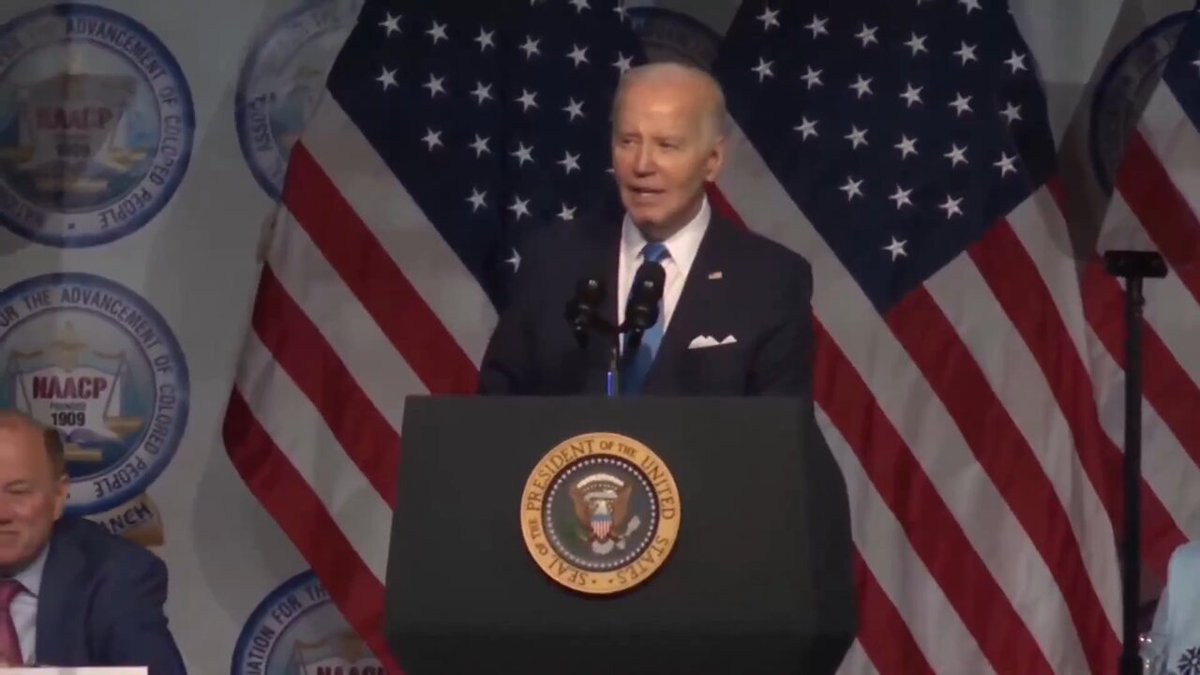Reposted by Bret Baier
0
The statement in question is a tweet from @RNCResearch that quotes President Biden and points out an inaccuracy in his statement. The tweet also includes a link to a website. This constitutes public discourse as it engages with a public figure's statement and addresses a public issue, namely the accuracy of information shared by a political leader.
- The statement does not appear to cause harm directly, but it does highlight a potential mistake by a public figure. This can be seen as part of healthy public discourse if done respectfully.Principle 1:I will strive to do no harm with my words and actions.
- The statement does not engage in cyberbullying, harassment, or hate speech. It focuses on a factual inaccuracy rather than attacking the individual personally.Principle 2:I will respect the privacy and dignity of others and will not engage in cyberbullying, harassment, or hate speech.
- The statement engages in criticism by pointing out an inaccuracy. However, it does not provide a constructive dialogue or context for the mistake, which could be seen as a missed opportunity for constructive criticism. [-1]Principle 4:I will engage in constructive criticism and dialogue with those in disagreement and will not engage in personal attacks or ad hominem arguments.
- The statement itself does not acknowledge or correct any mistakes made by the author, but it does highlight a mistake made by another individual.Principle 5:I will acknowledge and correct my mistakes.
- The statement upholds the principle of free speech and uses the platform to hold a public figure accountable, which can be seen as responsible use of influence. [+1]Principle 7:I will uphold the principles of free speech and use my platform responsibly and with integrity.
